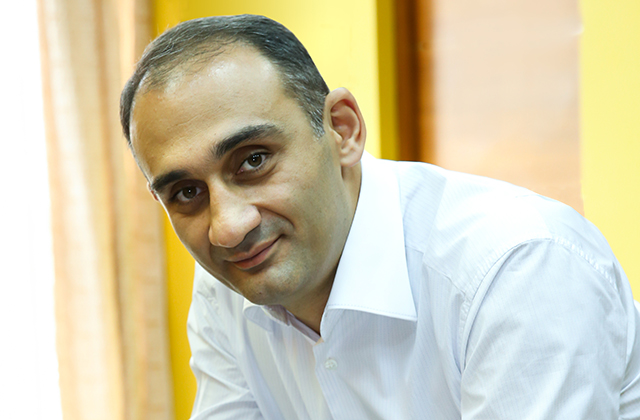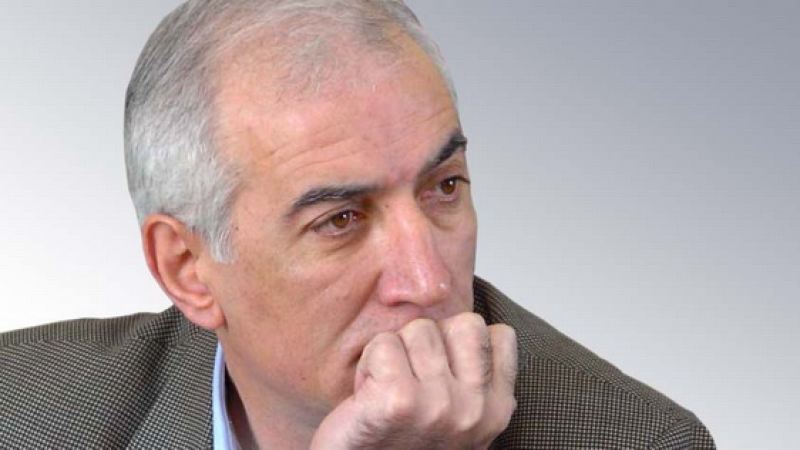The process of forming a new Armenian government (after the parliamentary elections on April 2) will start soon. It is unlikely that there will be significant changes in the government a year before the final entry into force of the new Constitution, which provides a transition from a presidential to a parliamentary form of government.
In anticipation of the formation of the new cabinet of ministers, experts sum up the results of the Karen Karapetyan government's activities for the past seven months. Despite the presence of such problems as the growing external public debt, which has approached the $6 billion mark and an increase in poverty, a noticeable economic progress has been registered during this time.
According to the National Statistical Service, economic activity in the first quarter of 2017 was 6.7%. And, although official data do not provide economic activity rates, according to experts, economic activity rates usually coincide with the growth of GDP. In general, the growth of GDP was in the spheres of industry, trade and services. The 2017 state budget forecasts economic growth of 3.2%. The World Bank forecasts the Armenian economic growth of 2.7%.

An important achievement was the increase in the level of tax collection. According to official data, there was a steady increase in tax revenues from October 2016 to April 2017. "From October 2016 to April 2017, 653.8 billion drams ($1 = 482 drams) of tax revenues were provided. In comparison to the same period in 2016, the growth of tax revenues to the budget was 46.1 billion drams, or 7.6%. In late December 2016, shadow activity among large taxpayers was estimated at 48.8%, but now it declined to 33.2% in March," the head of the State Revenue Committee Vardan Harutyunyan said.
For the first time in many years, the government is taking real steps to implement investment programs aimed at developing regions and creating new jobs. Despite the effective work of the government, which has made significant progress against the background of previous failures, many of the most important problems remain unsloved. This is a high level of unemployment, the continuing migration, demographic problems, as well as low benefits and pensions.

According to the head of the economic commission of the 'Armenian National Congress', Vaagan Khachatryan, "this government is new only in terms of new faces, but not in terms of its essence, which has remained unchanged." The government is limited to solving situational problems, but does not set itself the task of achieving systemic changes. The statements of the members of the government and the Prime Minister that there are no monopolies in Armenia were an important indicator of this position.
Despite positive economic changes, Karen Karapetyan's government does not go beyond the framework outlined by the ruling Republican Party, which has an absolute monopoly on power.






